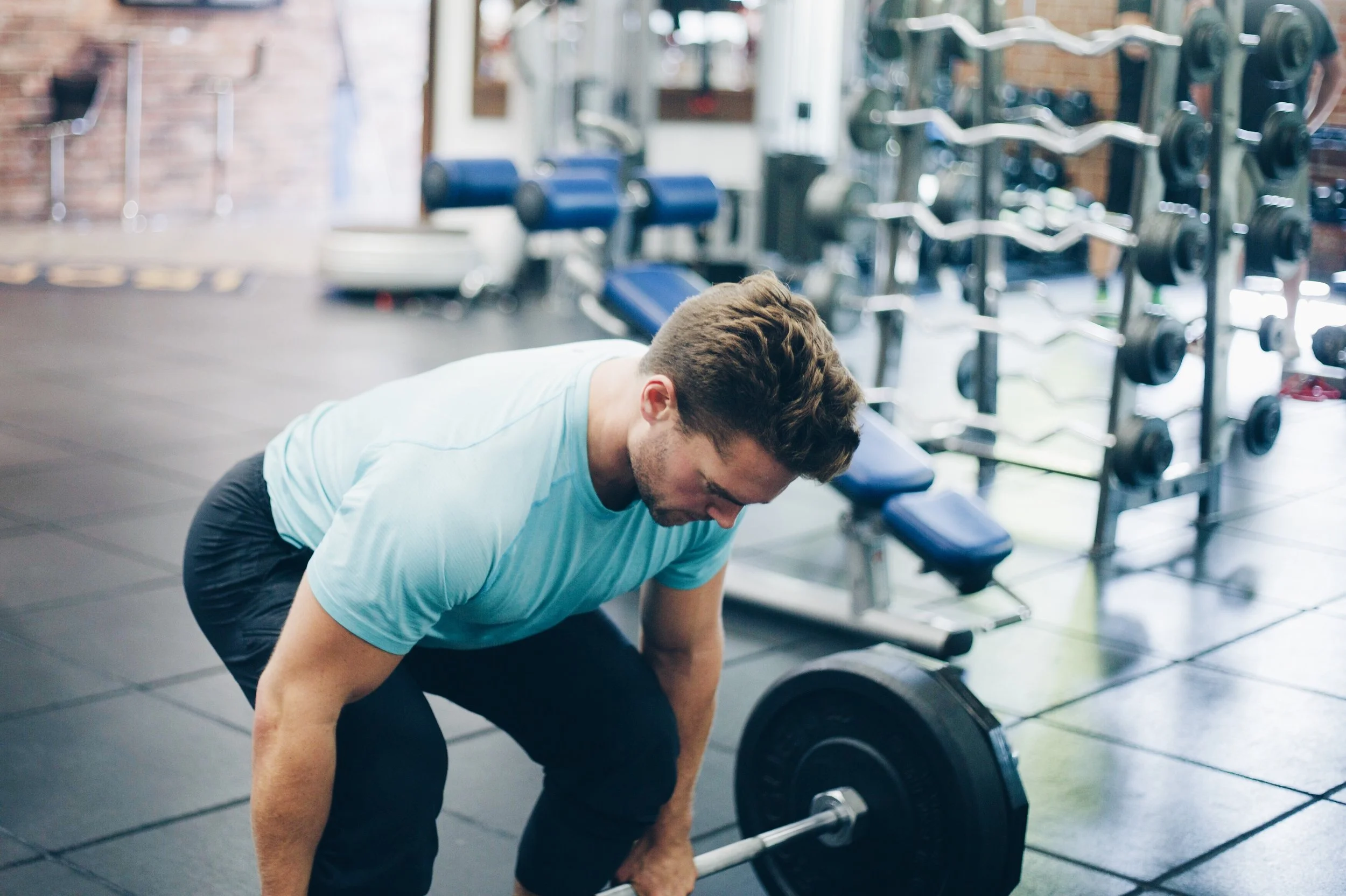1. Mind-Body Connection
One of the most important relationships we have in this world is with the physical space we take up in it. Strength training, at its core, is about building a deeper connection between our nervous system and our physical body. It becomes a bridge between the mental and the physical, helping us feel more present, more powerful, and more aligned as we move through life.
3. Human Connection
Fitness isn’t just about the body: it’s about how we relate to ourselves and to the people around us. Whether it’s the relationship I’m building with a client or the ones they carry into their homes and communities, I believe that true strength includes emotional resilience, self-awareness, and meaningful connection.
My goal is always to create a strong, positive relationship with each client while also helping them connect more deeply with themselves. When that connection is rooted, everything else - confidence, performance, and balance - starts to grow.
I also encourage group training whenever possible. Moving together adds layers of motivation, accountability, and social support. It’s a way to make fitness more fun, more sustainable, and more human.
2. Rest & Recovery
A big part of becoming truly fit and strong isn’t just how we train, it’s how we nourish and repair our bodies outside the gym. There’s a yin and yang to fitness: we push our bodies to adapt to new challenges, but the other side of that equation—rest, recovery, and nutrition—is just as essential for real progress.
As a certified Nutrition Coach through NASM, I understand how food, sleep, and recovery routines support your performance and long-term well-being. Managing stress is part of that recovery, too—chronic stress can slow progress, increase inflammation, and disconnect us from our goals. Strength doesn’t come from constant output, it comes from balance. It’s in the quiet moments, the meals we choose, and the care we give ourselves that the real transformation happens
4. Train for your life
Whether you're 12 and building confidence for the first time, or 85 and wanting to move with ease, energy, and independence, a big part of fitness is about how we navigate the physical world and how we feel within it.
Training for life means training for function, self-esteem, and longevity. It’s about making sure you can get up off the floor with your grandkids, carry groceries without strain, or walk into any room feeling grounded and strong in your body. We train not just for now, but for the lives we want to live tomorrow.
Because ultimately, strength isn’t just about muscle. It’s about creating longer, healthier, more connected, and more prosperous lives.




